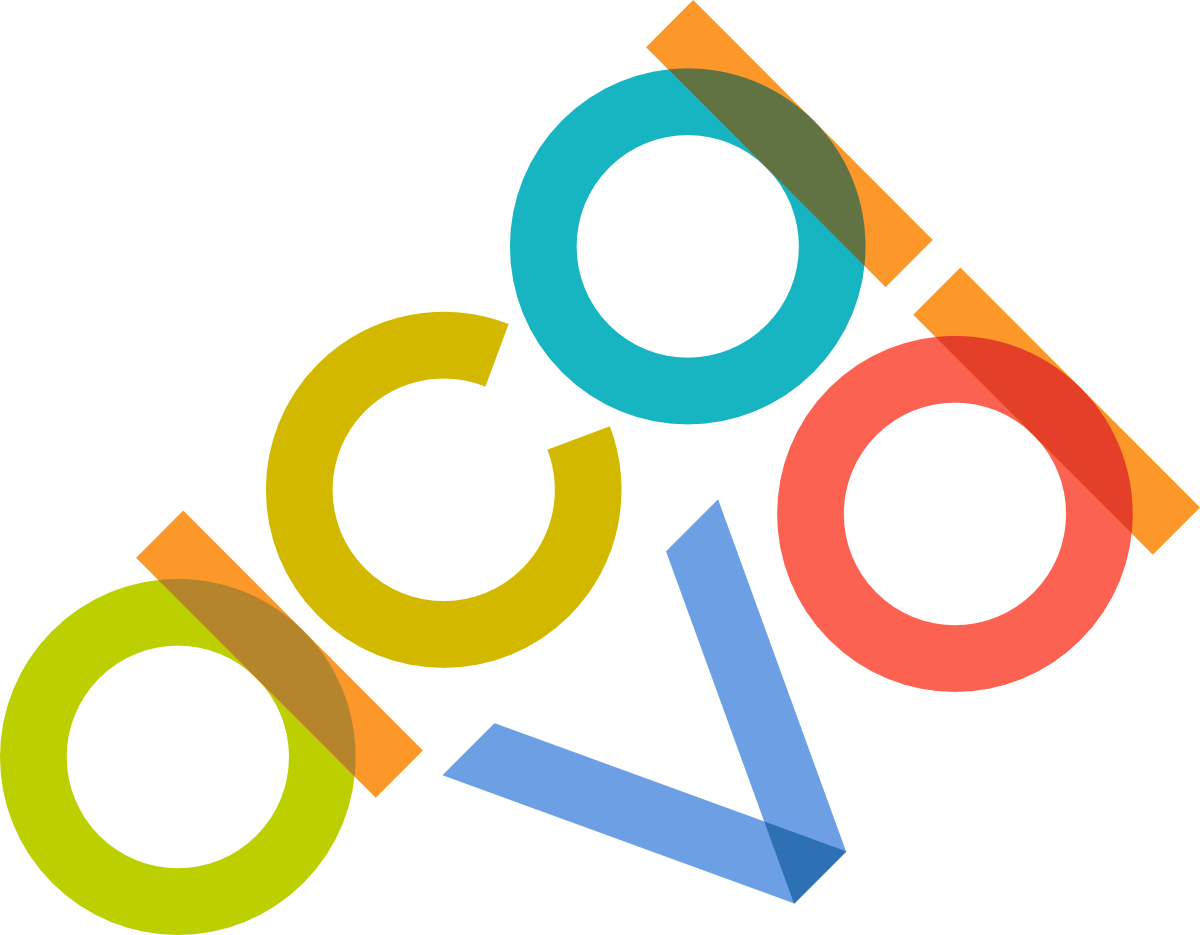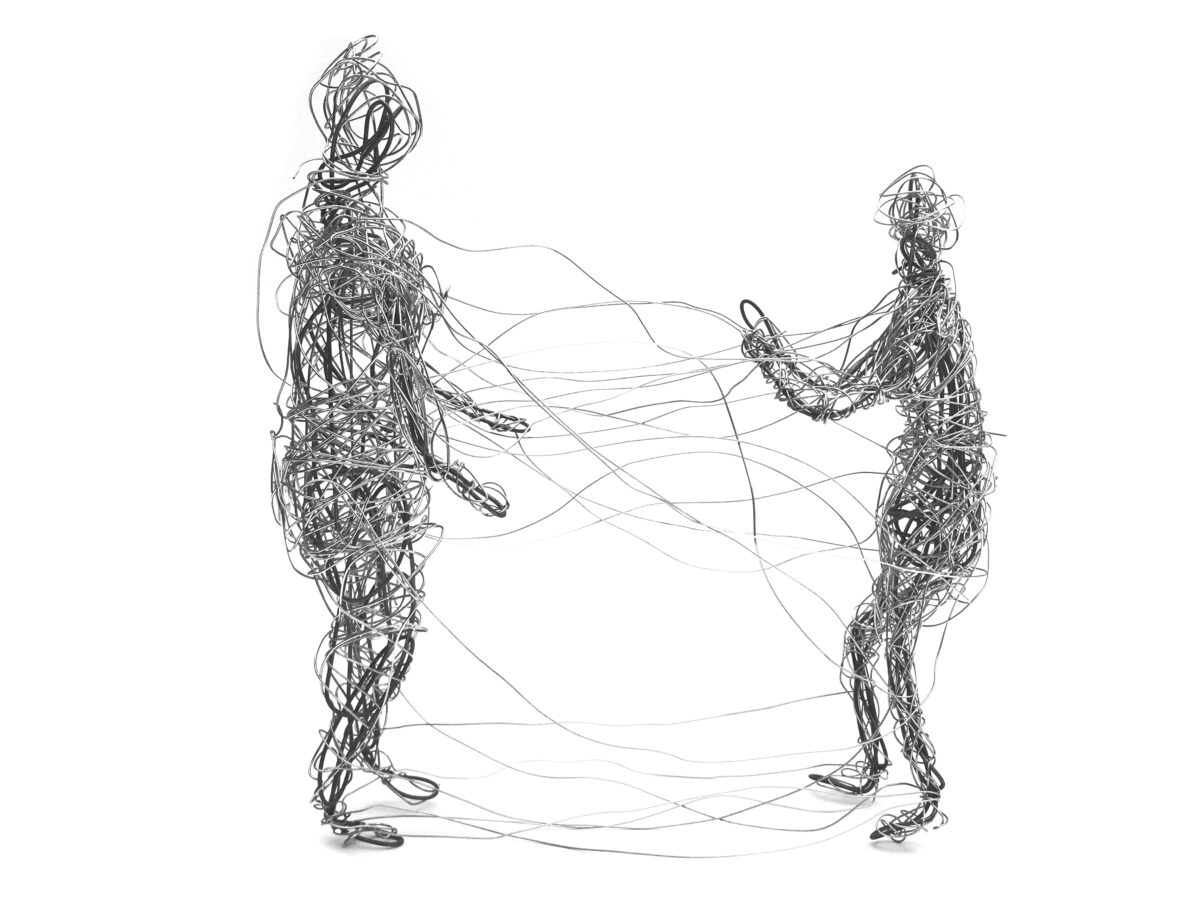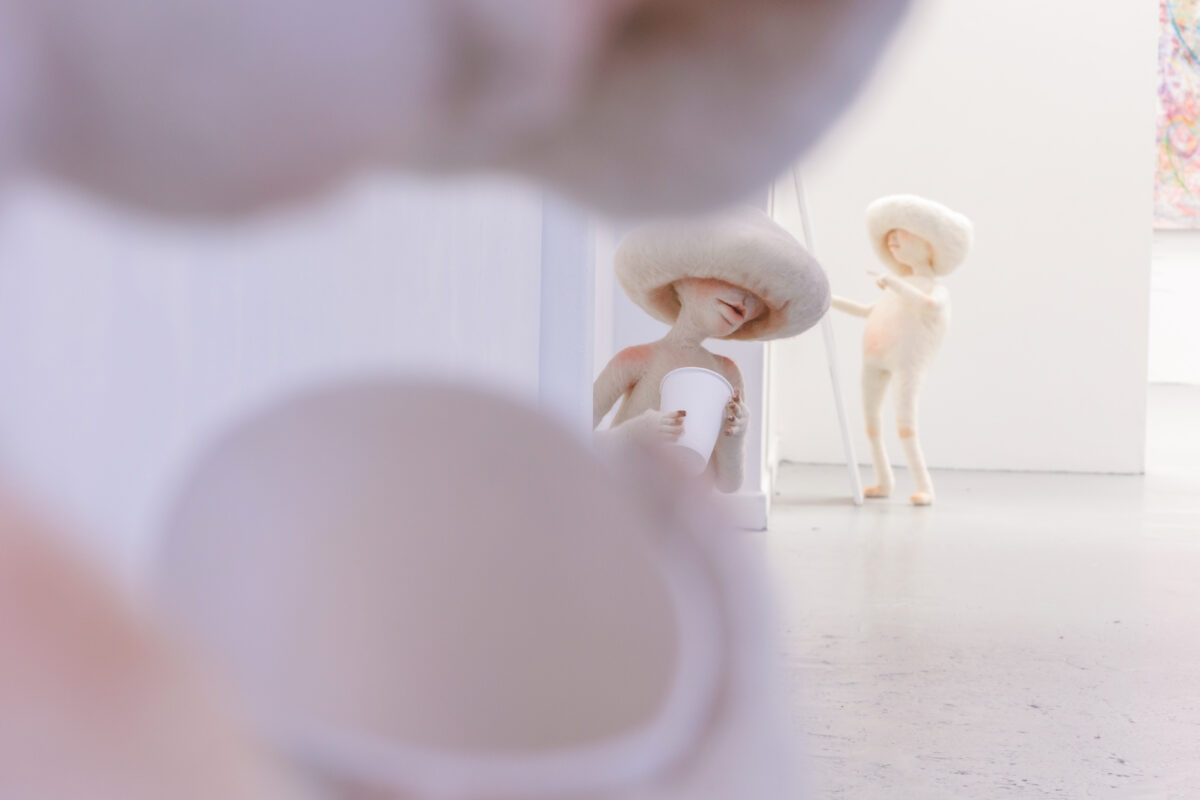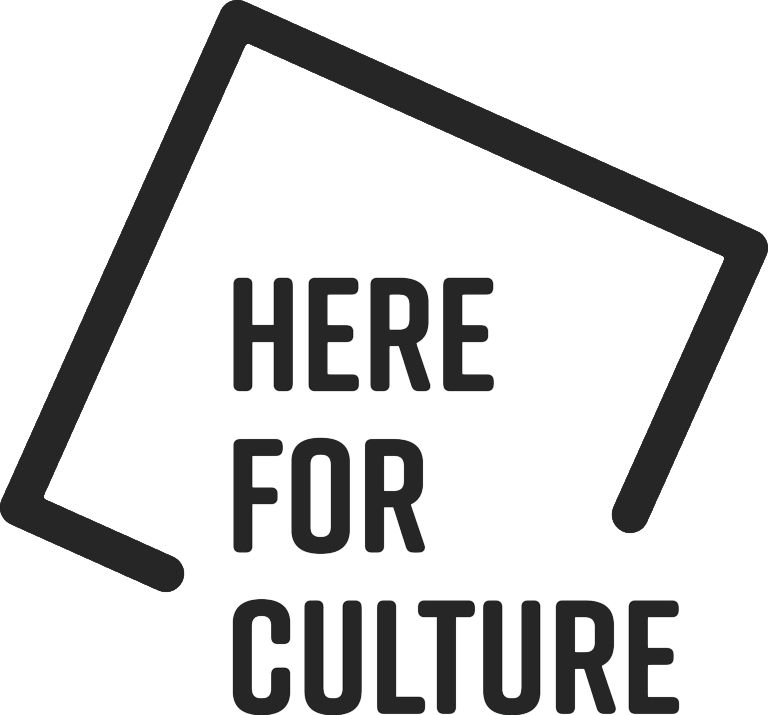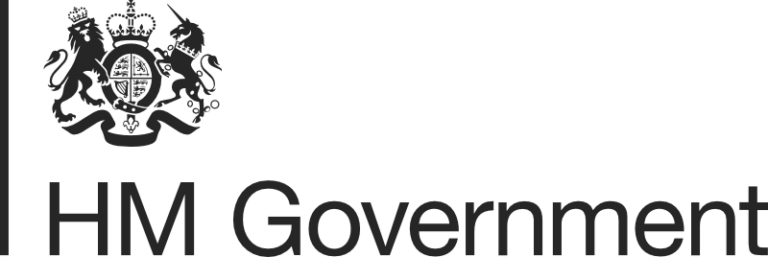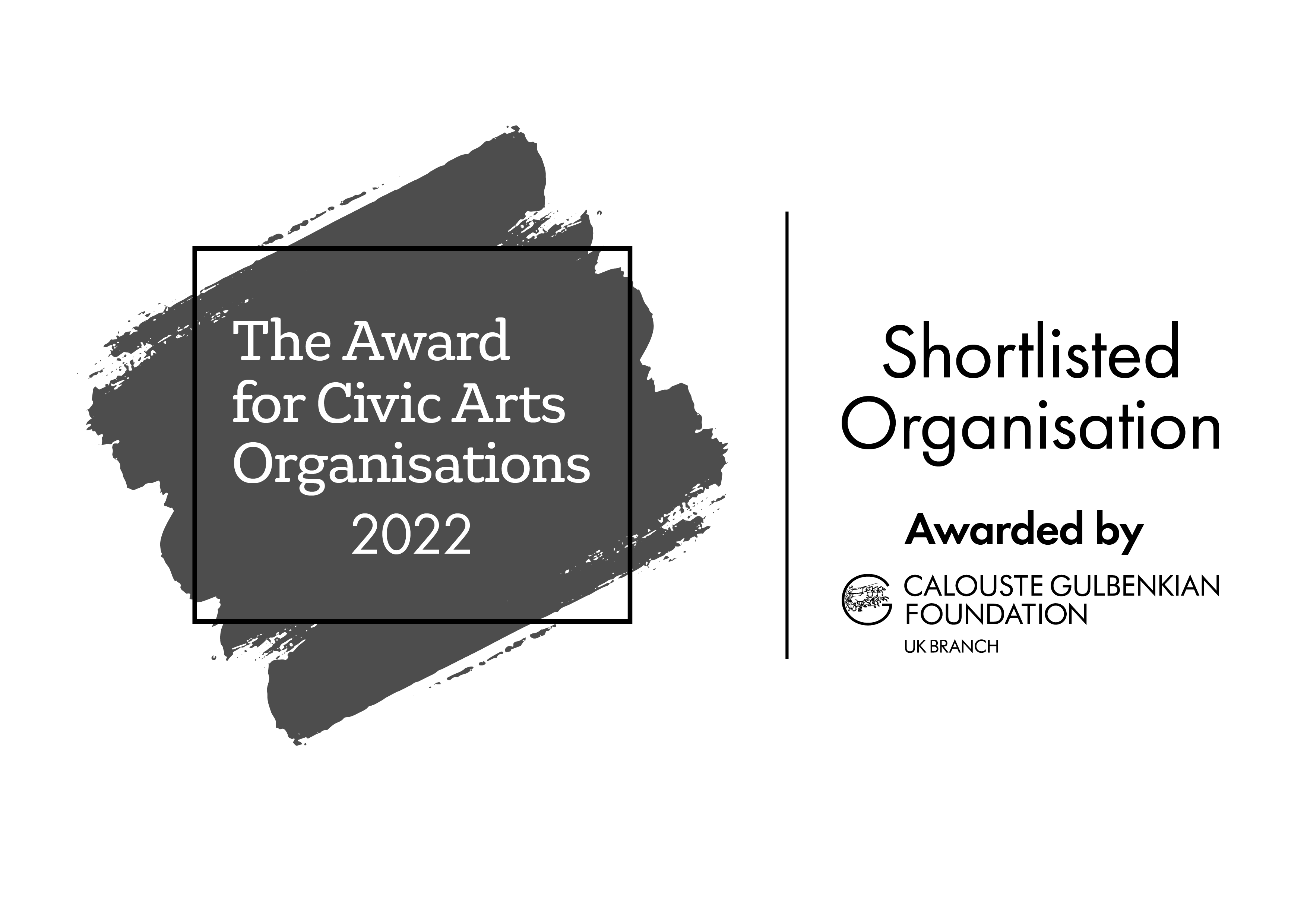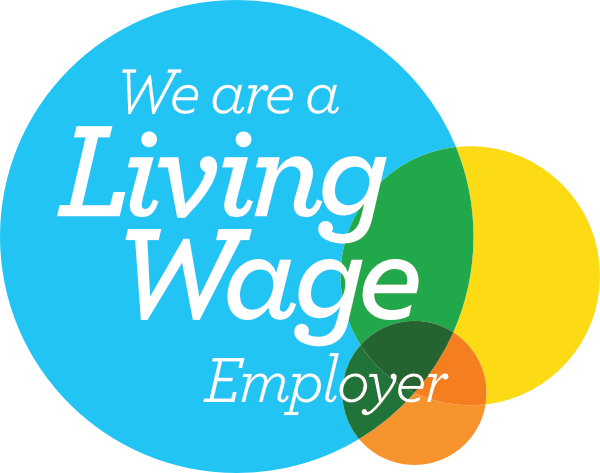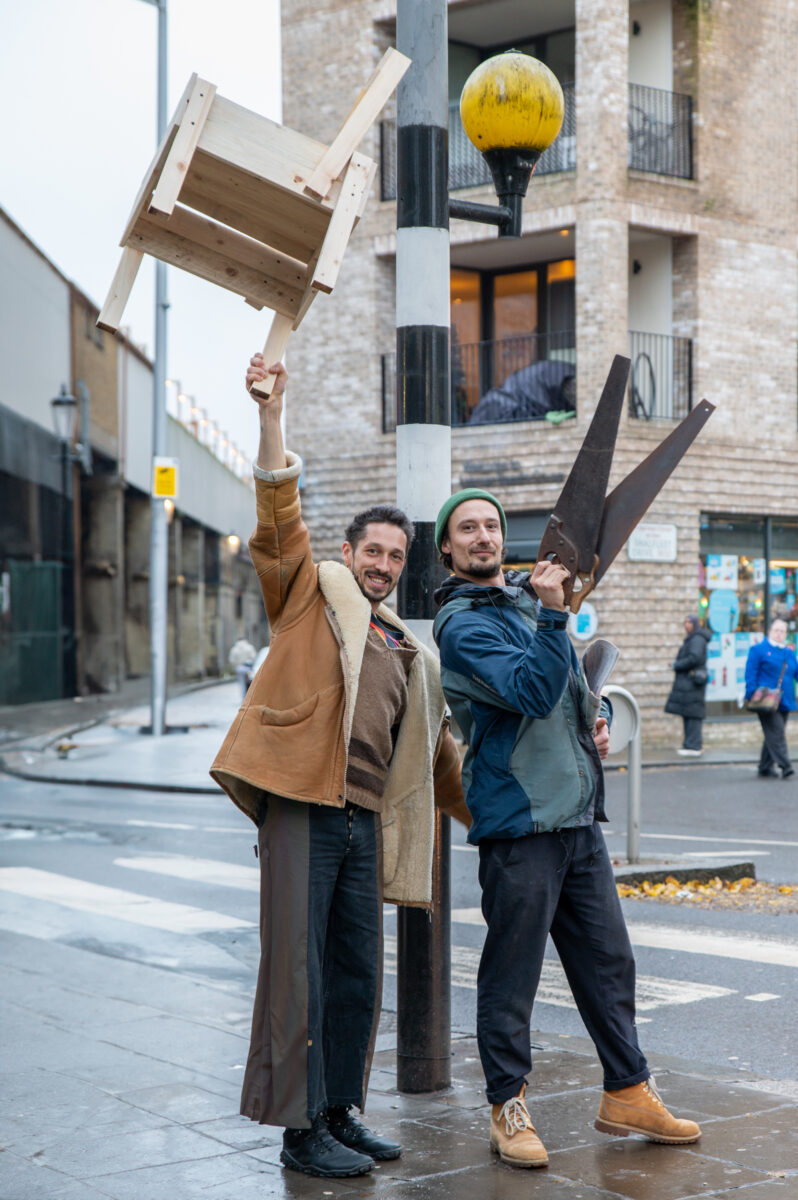
Meet our artist community: Q&As
Part of an ongoing series, members of our artist community share insights about their work, their stories and their relationship to ACAVA. Visit this page to read more.
Sasha Tishkov and Wojtek Kawczyk from Storque Studios are two of eight highly skilled artists and makers who worked with ACAVA in 2023 to run Make and Reuse Creative Workshops, a series of free creative courses inspired by the circular economy and sustainability. Learn more about their ‘Introduction to Circular Carpentry’ course here.
Read on to learn more about their individual practices and collaborative furniture-making work, and passion for circular economy.
Your names?
Sasha Tishkov (they/them) and Wojtek Kawczyk from Storque Studios (he/him).
Your type of art practice?
Sculpture, installation, furniture making, product design.
Where can we find your work?
Sasha’s website
Storque Studios’s website
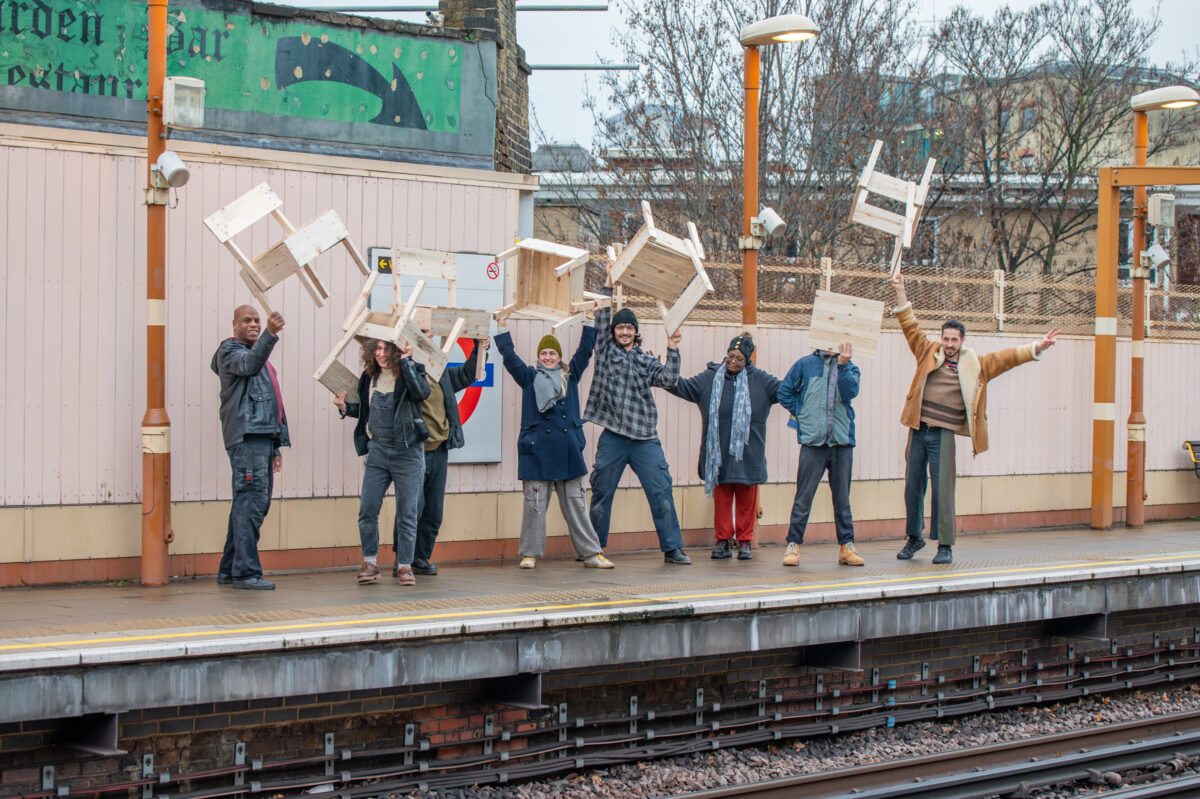
Would you like to tell us about yourself?
Sasha: I was born in Tallinn, a few years before the collapse of the Soviet Union in 1991. This event marked a pivotal moment in the history of Estonia, reclaiming the country’s full sovereignty of its territories, culture and identity. In 2016, I moved to London to study at Central Saint Martins, MA Fine Arts. My work explores both built and natural environments, delving into geopolitical, social and cultural uncertainties within collective and personal histories. Rooted in sensitive engagement with nature, my practice employs queer ecology as a means to challenge anthropocentric and heteronormative concepts. Seeking to escape the confines of a dystopian reality, I take my inspiration from Slavic and Finno-Ugric folklore, creating installations, sculptures and furniture that transcend boundaries, evoke fantasy, and convey poetic elements.
Wojtek is a maker and runs Storque Studios, a micro-design practice based in Tottenham, London. Wojtek grew up in Poland and was inspired by the Zakopane style, the regional art of Poland’s highland regions, and its co-founder Wojciech Brzega’s carpentry work. He works mainly with wood waste, revitalising ‘unwanted’ objects, and studying the cycles of materials and their potential to challenge modern-day consumerist ideology.
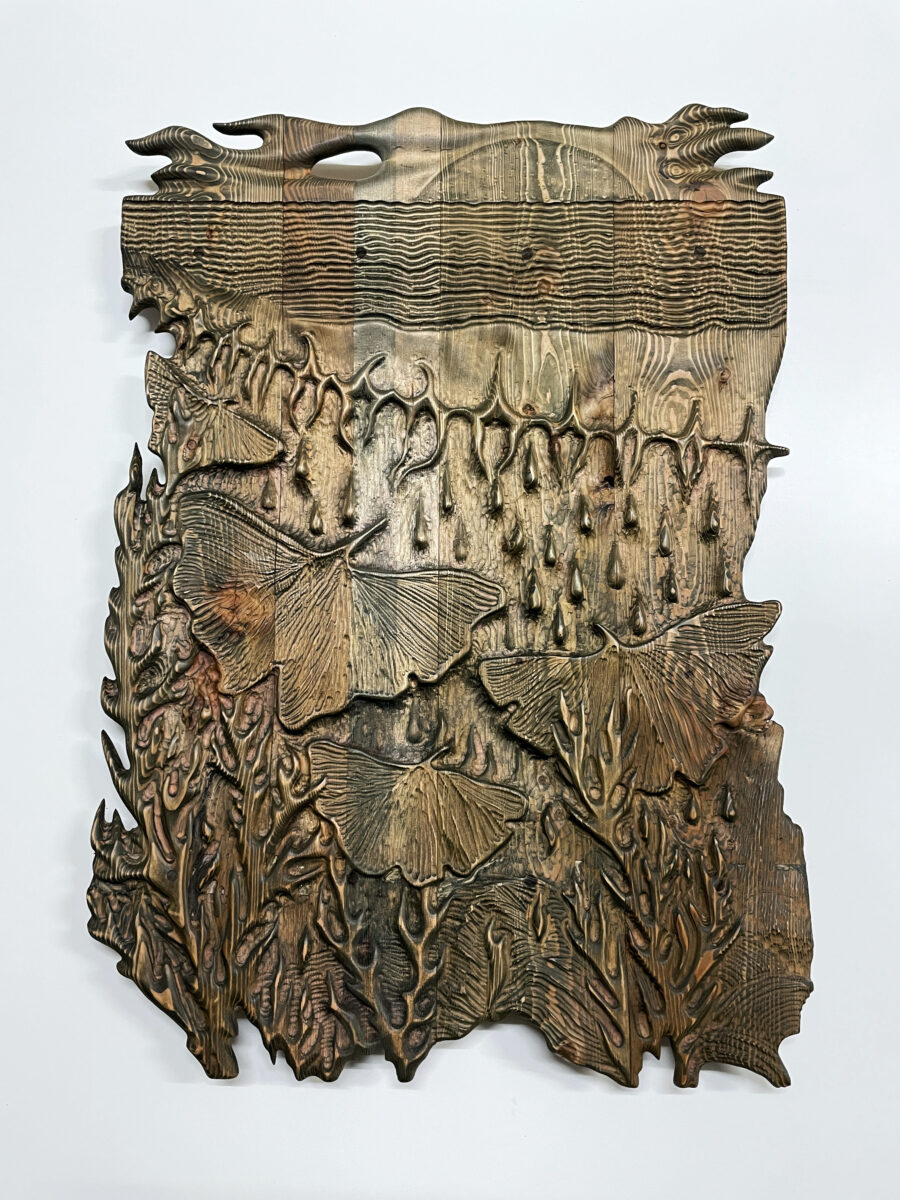
How did you start to collaborate?
Sasha: In 2020 I moved my studio to a container at Grow Tottenham, once an allotment in the heart of Tottenham Hale. The place used to bring together diverse groups of people, from gardeners to artists, to partygoers. That is where I spotted beautifully designed benches made from recycled ply and mycelium insulation. It was easy to find the maker’s name and contacted him. When Wojtek and I met, it was evident that we shared a similar passion for furniture making, circular economy and environmental emergencies. These topics became a starting point for our collaboration.
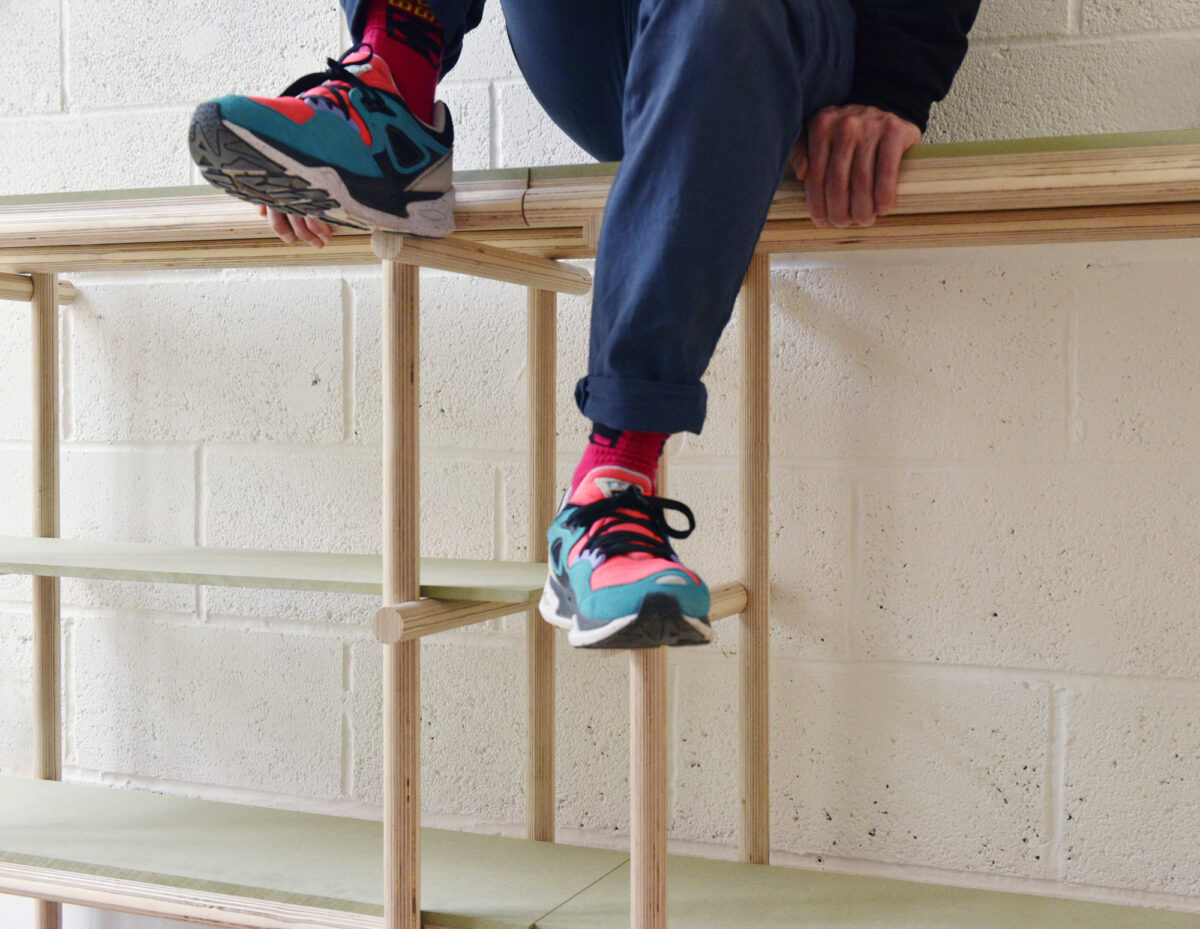
What elements from your indiviual practices transpire into your collaborative work?
Sasha: Wojtek focuses on product design with materials often seen as peripheral and unwanted, such as plywood and metal offcuts. He comes up with unconventional solutions and challenges the design discipline. In my work, apart from woodworking, I also use a spectrum of crafting techniques like rope weaving and ceramics making. Our collaborative work is mostly concentrated around furniture making that emphasises elements of accessibility and modularity within designs that we develop. Wojtek and I believe that pieces of furniture should not only serve their purpose to their owner but should also be a durable and long-lasting object. Together we explore a spectrum of opportunities where knowledge and skills once shared become powerful mediums for educational and social projects.
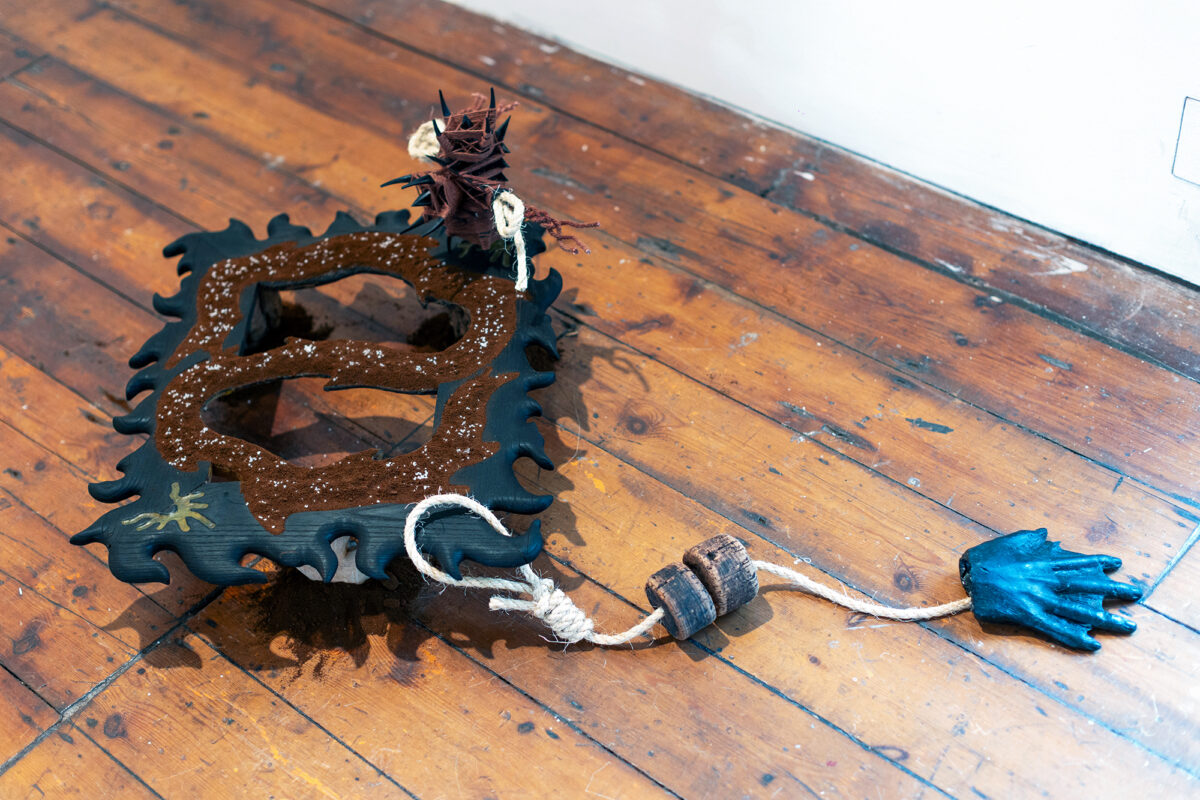
Do you share a studio?
Although we use separate studios, when we collaborate we often rent a unit at Bloqs, a community space of makers that provides metal and woodworking machinery. There, most of the material processing takes place.
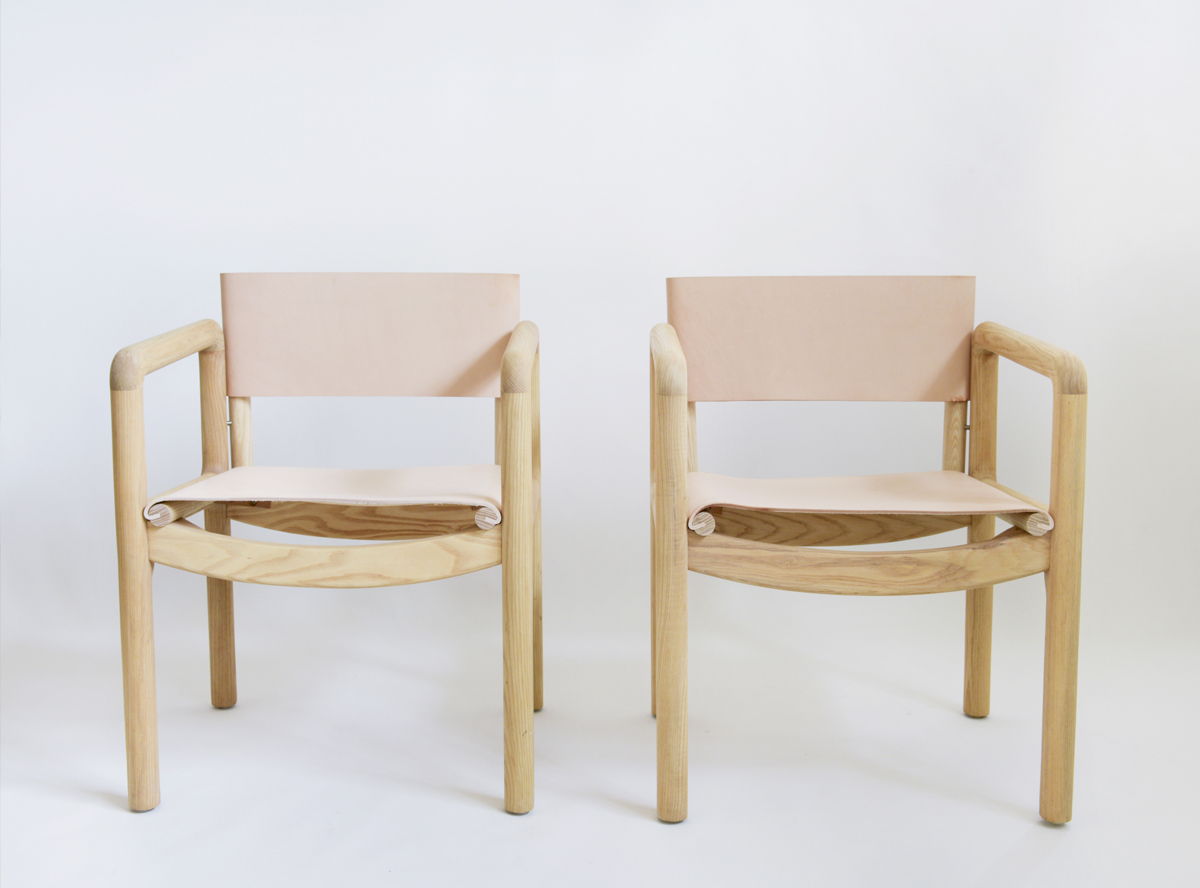
How do you see your individual practices within your collaborative practice?
We see our collaborative practice as an open door to our individual ones. When organising carpentry workshops we apply a participatory approach where attendees are asked to cooperate to develop, design and build desired objects. We believe that knowledge sharing is an important element in incubating radical alternatives, where communities of people are empowered to imagine and realise their ideas.
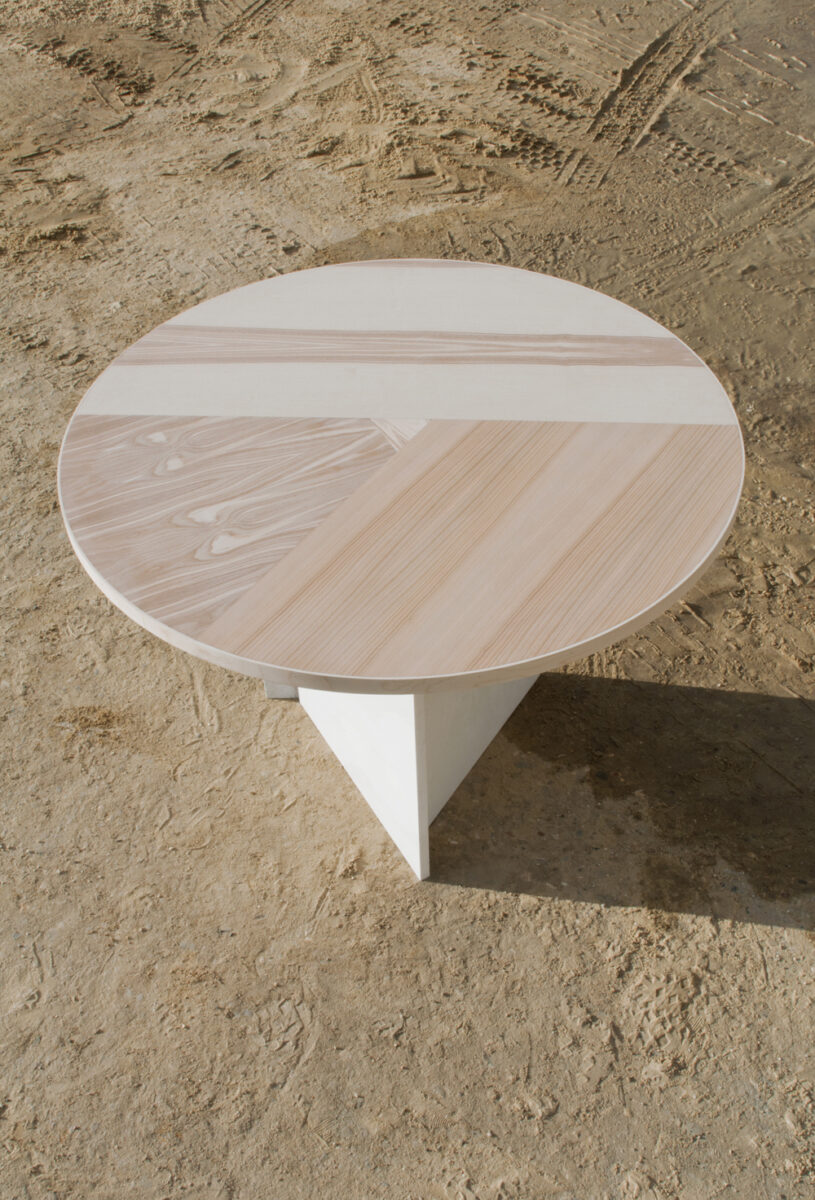
What can you tell us about your choice of materials?
Being both passionate about the idea of a circular economy, our choice of material always considers a carbon footprint and the impact our activity might have on the locality and the environment in general. For instance, in our circular carpentry workshop held at ACAVA together with the community of locals, we built a series of chairs inspired by the work of Italian revolutionary thinker and designer Enzo Mari. The materials we used were entirely extracted from wooden pallets that were found lying unused around Bloqs premises.

How do you approach a new project when working together?
New ideas are often born naturally during conversations over food sharing, bike rides or walks. Once the idea gets solid we start to look for funding opportunities or parties that could potentially be interested in supporting the project financially. It’s worth mentioning that there is an element of unpredictability when it comes to working on a format for a new collaboration. For now, it looks like the upcoming year will be dedicated more to our personal projects, however, we often stay in touch by sharing our ideas with each other.
